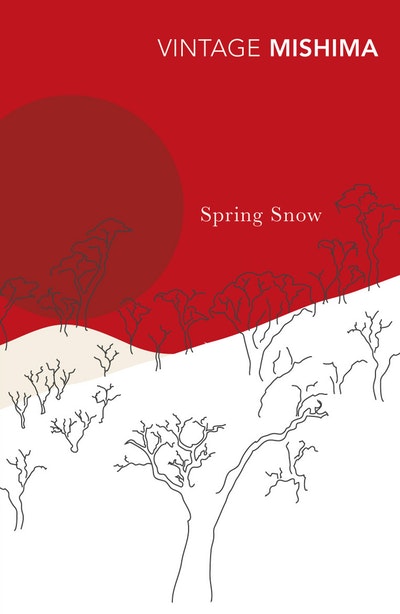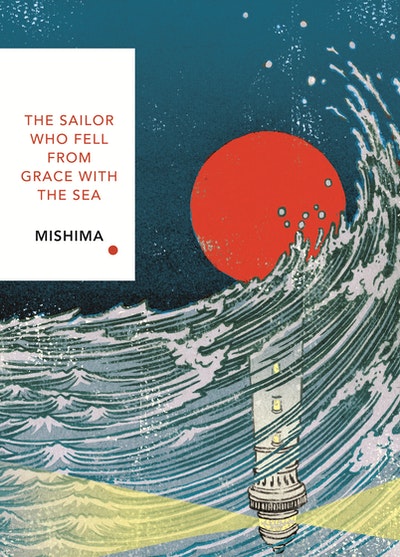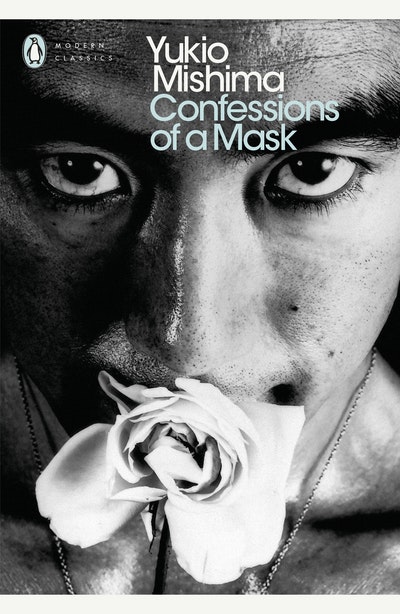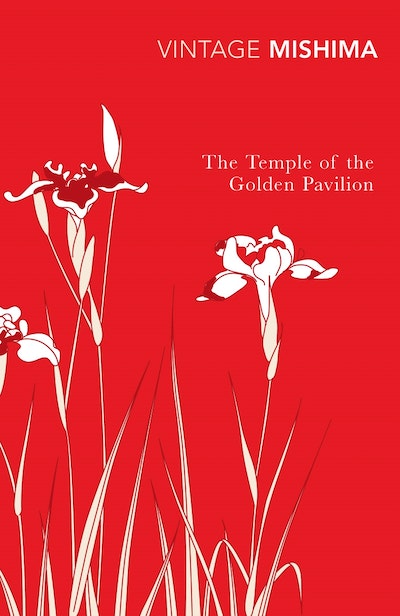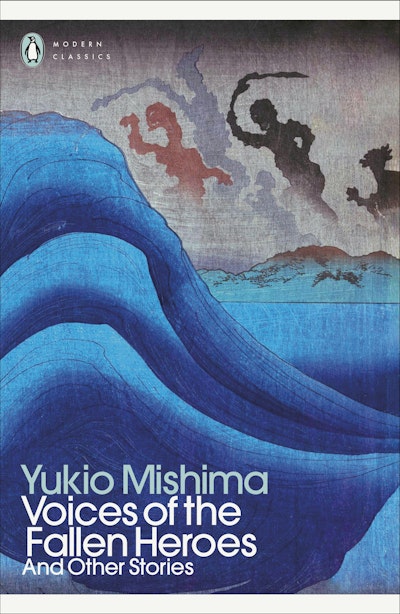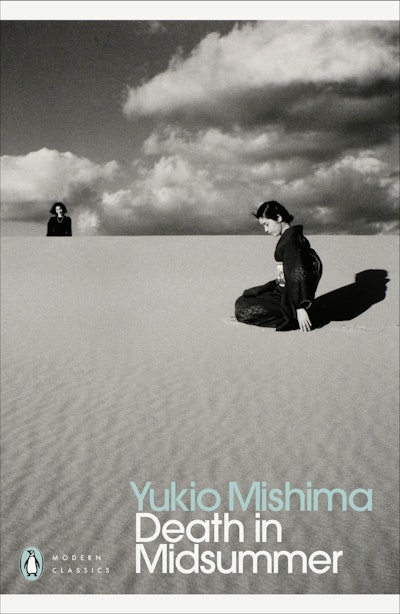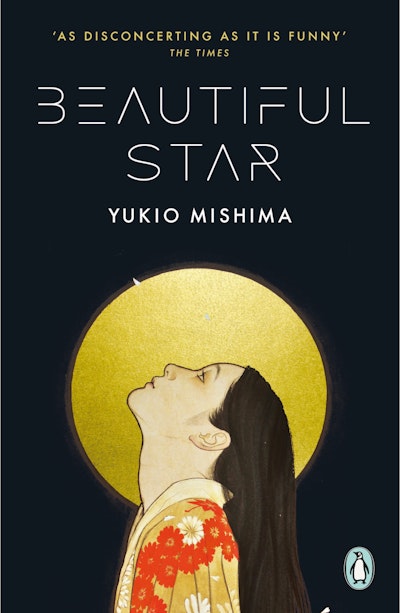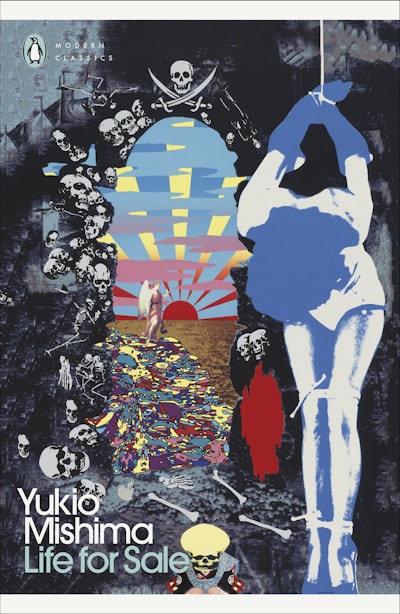- Published: 6 October 2000
- ISBN: 9780099282990
- Imprint: Vintage Classics
- Format: Paperback
- Pages: 400
- RRP: $24.99
Spring Snow
- Published: 6 October 2000
- ISBN: 9780099282990
- Imprint: Vintage Classics
- Format: Paperback
- Pages: 400
- RRP: $24.99
[a] beautiful and austere tale… written in lush, languid prose, filled with beautiful sentences and turns of phrase, this is one of the most enjoyable books I have read this year
Reading Matters
Romantic obsession and sexual intrigue meet in the sumptuous historical melodrama
Variety
Mishima is the Japanese Hemingway
Life magazine
This tetralogy is considered one of Yukio Mishima's greatest works. It could also be considered a catalogue of Mishima's obsessions with death, sexuality and the samurai ethic. Spanning much of the 20th century, the tetralogy begins in 1912 when Shigekuni Honda is a young man and ends in the 1960s with Honda old and unable to distinguish reality from illusion. En route, the books chronicle the changes in Japan that meant the devaluation of the samurai tradition and the waning of the aristocracy.
Washington Post
Mishima's novels exude a monstrous and compulsive weirdness, and seem to take place in a kind of purgatory for the depraved
Angela Carter
Perfect beauty…. A classic of Japanese literature
Chicago Sun-Times
Mishima was one of literature’s great romantics, a tragedian with a heroic sensibility, an intellectual, an esthete, a man steeped in Western letters who toward the end of his life became a militant Japanese nationalist
New York Times
We read Spring Snow for its marvelous incidentals, graphic and philosophic, and for its scene-gazing, in whose emotional alliance with nature...Mishima remains most consistently Japanese
New York Times
Romantic obsession and sexual intrigue meet in the sumptuous historical melodrama
Variety
An austere love story, probably my favourite of his novels
David Mitchell, Independent on Sunday
Mishima is the Japanese Hemingway
Life magazine
This tetralogy is considered one of Yukio Mishima's greatest works. It could also be considered a catalogue of Mishima's obsessions with death, sexuality and the samurai ethic. Spanning much of the 20th century, the tetralogy begins in 1912 when Shigekuni Honda is a young man and ends in the 1960s with Honda old and unable to distinguish reality from illusion. En route, the books chronicle the changes in Japan that meant the devaluation of the samurai tradition and the waning of the aristocracy.
Washington Post
Mishima's novels exude a monstrous and compulsive weirdness, and seem to take place in a kind of purgatory for the depraved
Angela Carter
[a] beautiful and austere tale… written in lush, languid prose, filled with beautiful sentences and turns of phrase, this is one of the most enjoyable books I have read this year
Reading Matters
